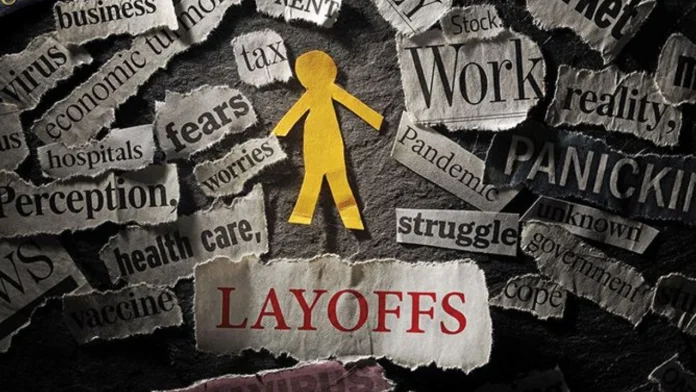In Europe, the tendency to lay off employees continues due to the high level of inflation, leading to lower sales and profits for many European companies.
Inflation, at a higher level than before the Covid pandemic, resulted in reduced purchasing power of households. The increase in interest rates to combat inflationary pressures has raised the cost of credit for companies.
As a result, layoffs have affected almost all sectors. However, the greatest concentration of layoffs lies in the automotive, engineering, banking, technology, oil and pharmaceutical sectors, and there are no signs of a slowdown. France, Germany, Scandinavian countries, Finland and others have seen significant job losses.
- The latest cut was at French aerospace company Airbus, that decided to cut up to 2,500 positions in its defence and space division by mid-2026.
- Swedish battery maker Northvolt plans to lay off 1,600 employees as a cost-cutting measure to increase production capacity at its Skelleftea plant, the company said. Swedish telecoms operator Telia to lay off 3,000 employees this year. Finnish technology company Nokia plans to lay off 350 employees in Europe and 2,000 in China.
- German railway operator Deutsche Bahn will lay off 30,000 employees, accounting for 9 per cent of its total workforce. German chip maker Infineon said in August that it would cut 1,400 jobs worldwide and move vacant positions to countries with cheaper labour.
- Norwegian financial services company DNB announced last month that it would lay off 500 full-time employees within six months. Italian bank UniCredit reached an agreement with its labour union to voluntarily lay off 1,000 people and create 500 new jobs.
- Retail and consumer goods also came under threat. Home appliance maker Dyson decided in July to cut around 1,000 jobs in the UK as part of its global restructuring plan. Multinational consumer goods company Unilever announced the same month that it would cut all office positions in Europe by a third by the end of next year.
Experts believe the region is seeking to cut labour costs on the back of the impact of the Ukraine-Russia conflict on the economy, structural problems in Germany and weakening consumer demand due to tight monetary policy.
